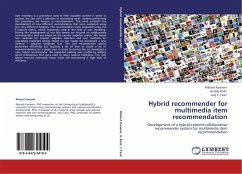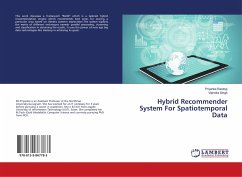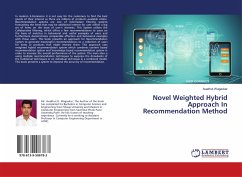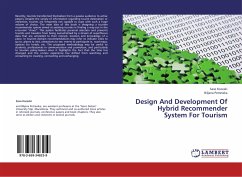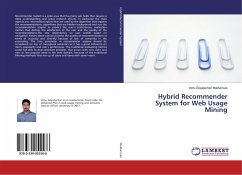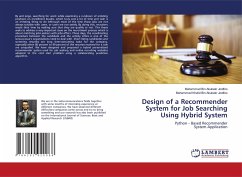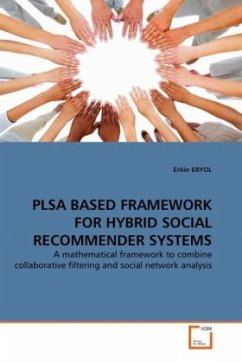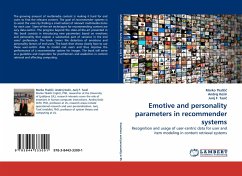User modeling is a procedure used to filter available content in order to present the user with a selection of interesting items. Systems performing this procedure are known as recommenders. This work presents the development of two different recommenders that were evaluated using two very different datasets. The recommenders were evaluated using the F-measure metric, which frequently used in the field of user modeling. During the development of our first system we focused on collaborative recommenders that are based on the nearest neighbor search. We tested two methods for nearest neighbor selection and two methods for calculating predicted ratings. Based on our results we developed a new method adjusted weighted sum. The first recommender system performed efficiently, but required a lot of time to create a list of recommendations for a single user. In order to correct this we developed a new, hybrid recommender. We expanded existing user profiles by adding genre preferences that were used to select nearest neighbors. The new system worked noticeably faster while still maintaining a high level of efficiency.
Bitte wählen Sie Ihr Anliegen aus.
Rechnungen
Retourenschein anfordern
Bestellstatus
Storno

